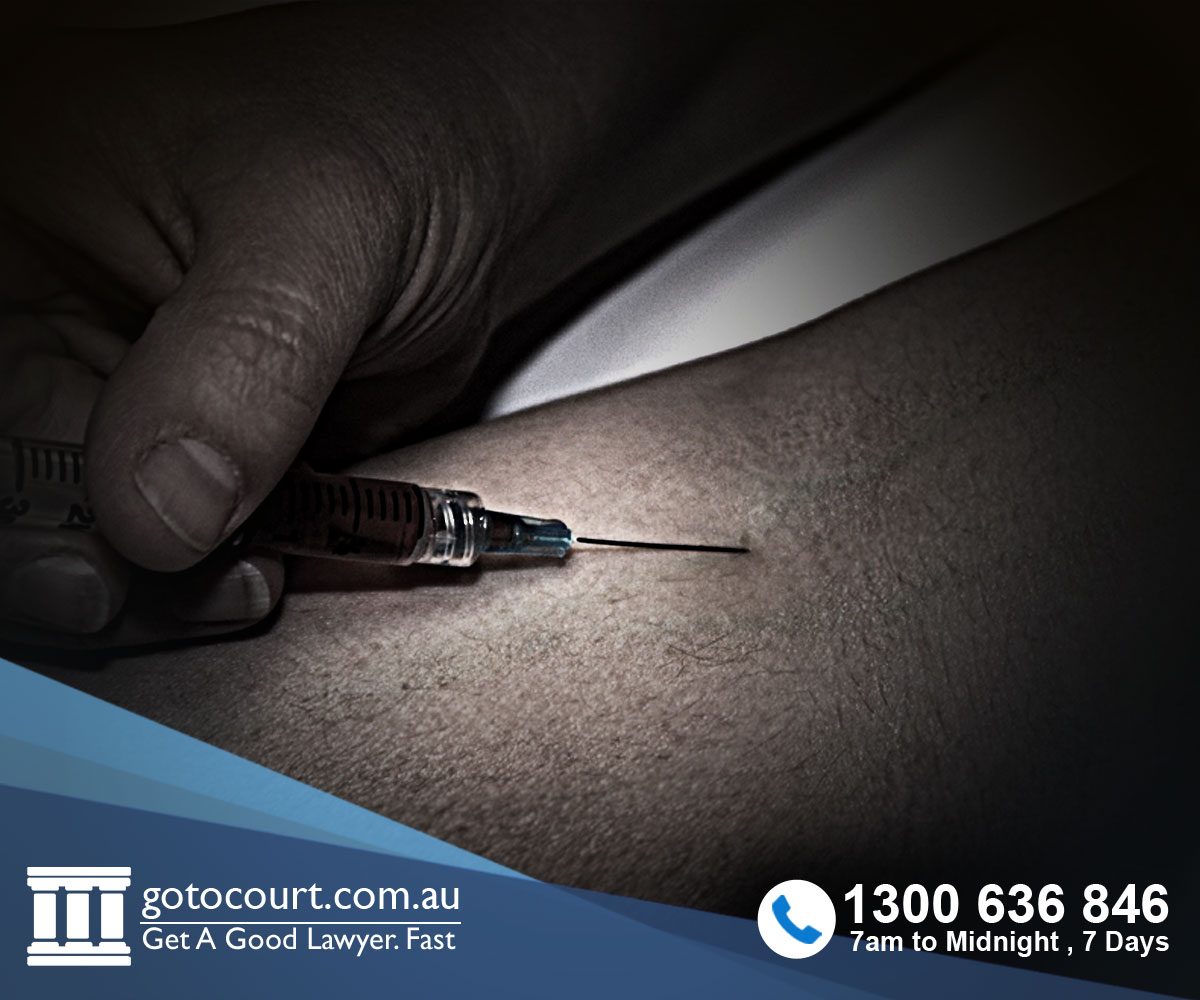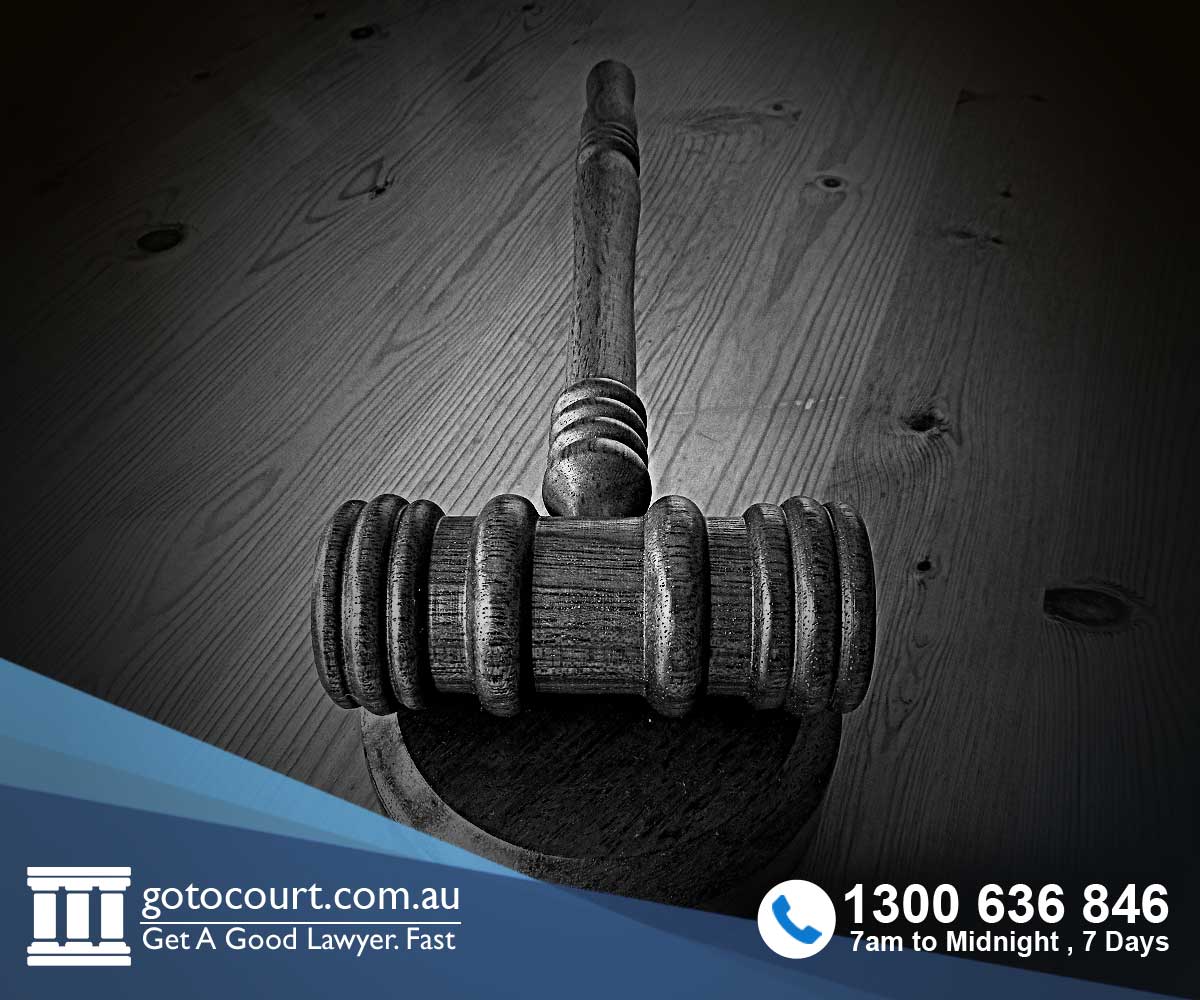Parole in South Australia
Parole is the conditional release of a person from prison before they have finished serving their sentence. Release on parole is only possible if a non-parole period was set when a person was sentenced. In South Australia, if a person was sentenced to jail for one year or more the court must set a minimum time for them to stay in custody before being released on parole, unless it considers there is good reason not to do so. The prisoner is then eligible for release on parole at the end of that time. The law regarding parole in South Australia is found in the Criminal Law (Sentencing) Act 1988 and the Correctional Services Act 1982.
Purpose of parole in South Australia
Parole is designed to allow for the early release of prisoners from jail, to help prisoners to move back to life in the community with the supervision and advice of parole officers and hence to move away from a life of crime.
A person who commits an offence while on parole risks being sent back to jail to serve the balance of their sentence, as well as being sentenced for the new offence.
Release on parole in South Australia
In order to be released on parole, a person must agree to the conditions set by the Parole Board.
A prisoner serving a sentence of less than five years is usually entitled to be released on parole automatically at the end of their non-parole period. This is the case unless the offences:
- were committed while on parole
- were serious firearms offences
- were sexual offences
- were personal violence offences
- were offences involving arson
- were a breach of parole conditions.
In other cases, the Parole Board will decide whether to grant parole based on a number of factors. These include:
- any risks the person poses to the safety of the community
- the person’s behaviour while in prison
- the plan that is being put forward for the person’s release, including where they propose to live and what support they have in the community.
A prisoner is entitled to have legal representation when appearing before the Parole Board.
Parole conditions
Conditions of parole in South Australia are set by the Parole Board. A prisoner must accept these conditions before being released on parole.
A person released on parole must:
- not commit any offence
- not be in possession of an offensive weapon unless permitted by the Parole Board
- be supervised by a community corrections officer and must obey the officer’s reasonable directions.
For a period of up to one year following release on parole, a prisoner may be subject to conditions that they live at a particular place and undertake particular activities and programs. Other conditions may also be imposed, including monitoring by an electronic device.
An application can be made to the Parole Board to vary the conditions of parole. Prisoners who were sentenced to life imprisonment and are released on parole must also:
- not possess any firearm or part of a firearm or any ammunition
- submit to gunshot residue testing as required by their community corrections officer.
If any of these conditions are breached it will lead to the automatic cancellation of parole.
Breach of parole in South Australia
Breach of parole in South Australia has significant consequences. The Board may cancel parole for a breach of a parole condition and order that the person serve the balance of their sentence (as at the date of the breach). The Board can do this even if when the breach was proved, the parole period had already finished.
The Board may also impose a condition that a person who has breached their parole perform between 40 and 200 hours community service.
A person will automatically serve the balance of their sentence if while on parole they commit an offence that results in a further jail sentence, or if they breach any of the conditions about the possession of firearms or ammunition and gunshot residue testing.
If a person is returned to prison automatically and has a year or more of a sentence to serve, application can be made to have a new non-parole period fixed by the court.
If sentenced to a period of imprisonment for an offence committed while on parole they must also serve the unexpired balance of parole before serving the sentence for the further offending.
Release on home detention
The Department for Correctional Services can release prisoners on home detention. Generally, a prisoner is eligible for release after serving one half of their non-parole period but only if it is less than one year before the end of their non-parole period.
Not all who are serving sentences of imprisonment are eligible for release on home detention. In addition, a prisoner released on home detention is subject to a number of conditions including:
- that they be of good behaviour
- that they not possess a firearm or any part of a firearm or any ammunition
- that they obey the directions of the home detention officer, including submitting to gunshot residue testing.
Any breach of these conditions may lead to the home detention being revoked. A breach by committing further offences during the period of the home detention may result in the prisoner having to serve the balance of the non-parole period in jail.
If you require legal advice or representation in any legal matter, please contact Go To Court Lawyers.







